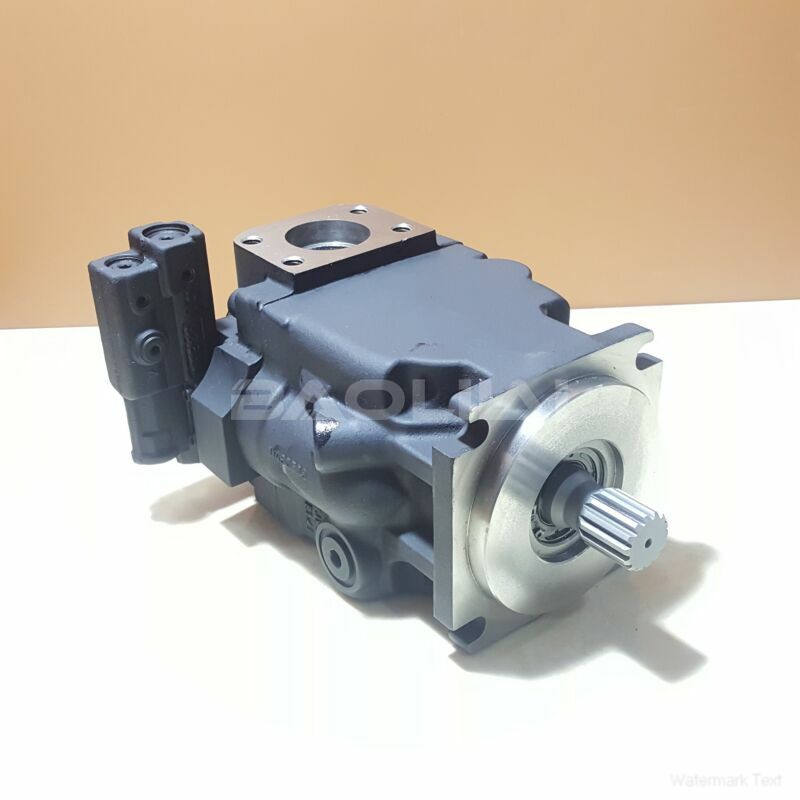JRRS45BBC31NNNNN3S1NZA2NFFFJJJNNN hydraulic oil pump
JRRS45BBC31NNNNN3S1NZA2NFFFJJJNNN hydraulic oil pump

- Product Details
- Applicable Scene
Hydraulic pumps are vital components in high-pressure fluid handling systems, commonly utilized in various industries such as construction, manufacturing, and aerospace. Their primary role is to convert mechanical energy into hydraulic energy, enabling the transfer of fluids with significant force and efficiency. However, operating these pumps in high-pressure environments poses several safety challenges that must be addressed to prevent accidents and ensure the safety of personnel and equipment.
JR-R-S45B-BC-31-NN-NN-N-3-S1NZ-A2N-FFF-JJJ-NNN
JRRS45BBC31NNNNN3S1NZA2NFFFJJJNNN
One of the primary safety considerations in the operation of hydraulic pumps is the risk of hydraulic fluid leaks. High-pressure systems are prone to leaks that can lead to dangerous situations, such as slips and falls, fires, or environmental contamination. To mitigate this risk, regular maintenance and inspections are essential. Operators should ensure that seals and fittings are in good condition and replace any worn or damaged components promptly. Additionally, the implementation of automated leak detection systems can provide real-time monitoring and alert personnel to potential issues before they escalate.

83029385
Another critical safety concern is the potential for pressure over-accumulation. If the pressure within the system exceeds the rated limits of the components, it can lead to catastrophic failure such as ruptures or explosions. Installing pressure relief valves and pressure gauges is crucial for monitoring the system’s pressure levels and providing immediate relief in the event of excess pressure. Operators must also be trained to recognize the signs of excessive pressure and understand the emergency shutdown procedures in case of a malfunction.
The choice of appropriate hydraulic fluids is also significant in terms of safety. Many hydraulic fluids are flammable or toxic, which increases the risk of fire and health hazards in case of leaks or spills. Therefore, selecting non-flammable and environmentally friendly fluids can greatly enhance safety measures. Furthermore, operators should be equipped with personal protective equipment (PPE) such as gloves, goggles, and aprons to minimize exposure to hazardous materials.





